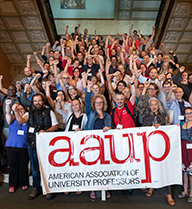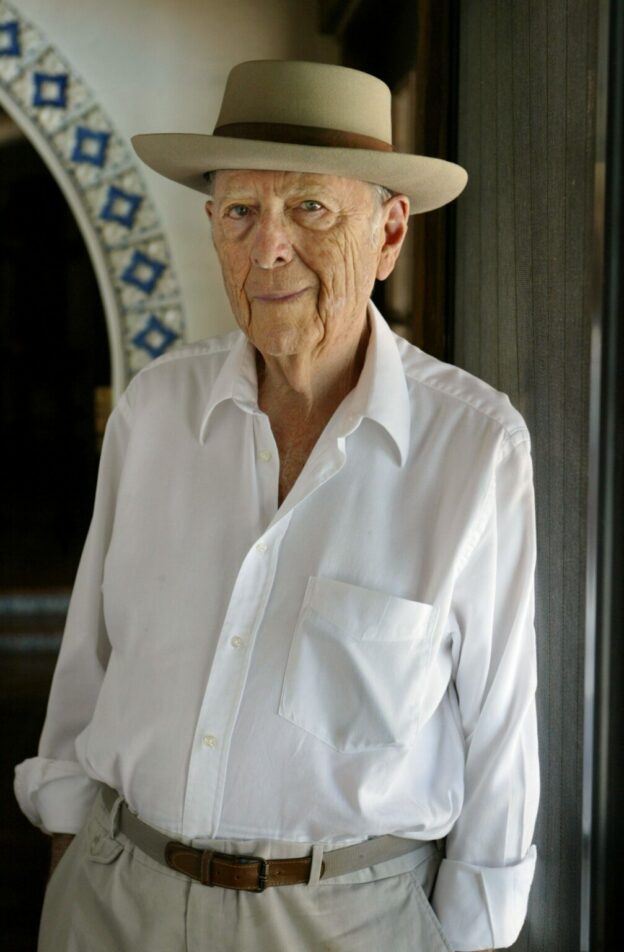While parshas Shemos (“Names”) does begin with names, those of the shevatim, and introduces the naming of Moshe, it is ironic that, when the parsha’s narrative begins, anonymity seems the rule.
“A man went out from the house of Levi and took a daughter of Levi” (Shemos, 2:1). We know the references are to Amram and Yocheved, but their names are not provided. Likewise with Moshe’s sister (2:4) whom we know to be Miriam but is unnamed. Same with Doson and Aviram, who are named in parshas Korach (Bamidbar 16) but not here in Shemos. And “the daughter of Par’oh,” we know, from Divrei Hayamim, was named Bisya. But in our parsha she has no name .
And what names are introduced for other dramatis personae seem pedestrian in their meanings. See Rashi 1:15 on Shifra and Puah.
What occurs as a possible message in the abundance of namelessness is that even simple people, those who haven’t established any sort of “name” – fame or distinction – for themselves, are capable of accomplishing great things; of, by their choices and actions, “making a name” for themselves. Every Tom, Debby and Harriet, in other words, can play a role as pivotal as those played by Amram, Miriam and Bisya. What matters isn’t one’s credentials but, rather, one’s actions.
And the idea that we should not feel limited is something the Kotzker famously commented on with regard to the Midrash stating that Bas Par’oh’s hand, extended to baby Moshe, elongated to reach him. She apparently reached out for something that was well beyond her reach, which is why the miracle had to happen. And yet she reached out all the same.
When one is seeking to do good, she (or he) should not feel constrained by “reality,” be it physical distance or any lack of credentials.
© 2025 Rabbi Avi Shafran









